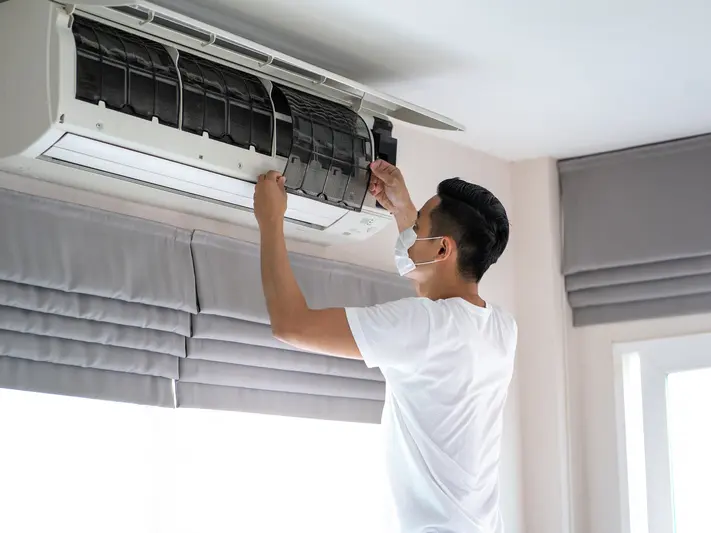When summer arrives, the temperature starts to go up. That means it’s time to check whether the air conditioner in your home is working efficiently or not. Most people inspect their ACs and fix common issues before the summer arrives, so they won’t have to worry about the summer heat. If you want to do the same, you first need to thoroughly inspect your home AC to see whether it needs TLC.
“Why is my air conditioner blowing hot air?” This is one of the most common questions people get, which indicates the need for some AC repairs. In case your AC is blowing hot air, you might want to check the compressor and ensure that there isn’t any restricted airflow that affects the AC’s temperature. If you are up for some AC inspections, there are some telltale signs to observe. To help you do that, here are four signs to know that your AC needs immediate repair.
Insufficient Air Flow
ACs are designed to distribute the cold air in the entire room effectively. Unfortunately, poor airflow can severely affect its ability to do so. Insufficient airflow can signal immediate repair. There can be multiple reasons for that. The blockages in the AC ductwork can block the outgoing air and cause poor airflow. A broken motor can affect the AC’s optimum power, which can affect its airflow. The clogged air filter can also be the culprit behind poor airflow.
Hot Air
Many homeowners with ACs installed in their homes are often riddled with one question-”Why is my air conditioner blowing hot air?” The ACs are designed to provide cool air that can regulate the room temperature and make it colder. But it might need a professional inspection if your air conditioner is blowing hot air despite being on the lower temperature settings.
AC repair specialists have the necessary tools and skills to deal with the most common AC repair issues. They can quickly identify and fix the problem to revive your AC’s cooling capabilities.
Higher Humidity
The summer and spring seasons bring a lot of humidity and cause that annoying sticky sweat. Though it’s okay to experience the effects of higher humidity outdoors, it doesn’t mean you must deal with it in your home. Your AC is supposed to reduce the moisture levels indoors and reduce humidity. If you still feel humid in your home, maybe your AC needs repair.
The AC repair specialists will diagnose your AC for problems and tell you whether your AC needs a simple recalibration or more intense repair. They can also recommend you purchase a dehumidifier to reduce the humidity levels inside your home.
Leaking Water
ACs use refrigerant to cool the air, producing condensation that creates water. But that water isn’t supposed to accumulate inside the AC or leak out of it.
The accumulated water can disrupt your AC’s function and keep leaking out of it; it can damage the paint on your walls and cause mold growth. If you see any signs of trickling water from the AC or ductwork, immediately call a technician to look at it before it causes any damage.
ACs, or any cooling system, are supposed to regulate indoor temperatures effectively, and that’s their most important function. If your AC or HVAC shows any of the above signs, it’s time to call an AC repair professional to look at it and fix the issues.

